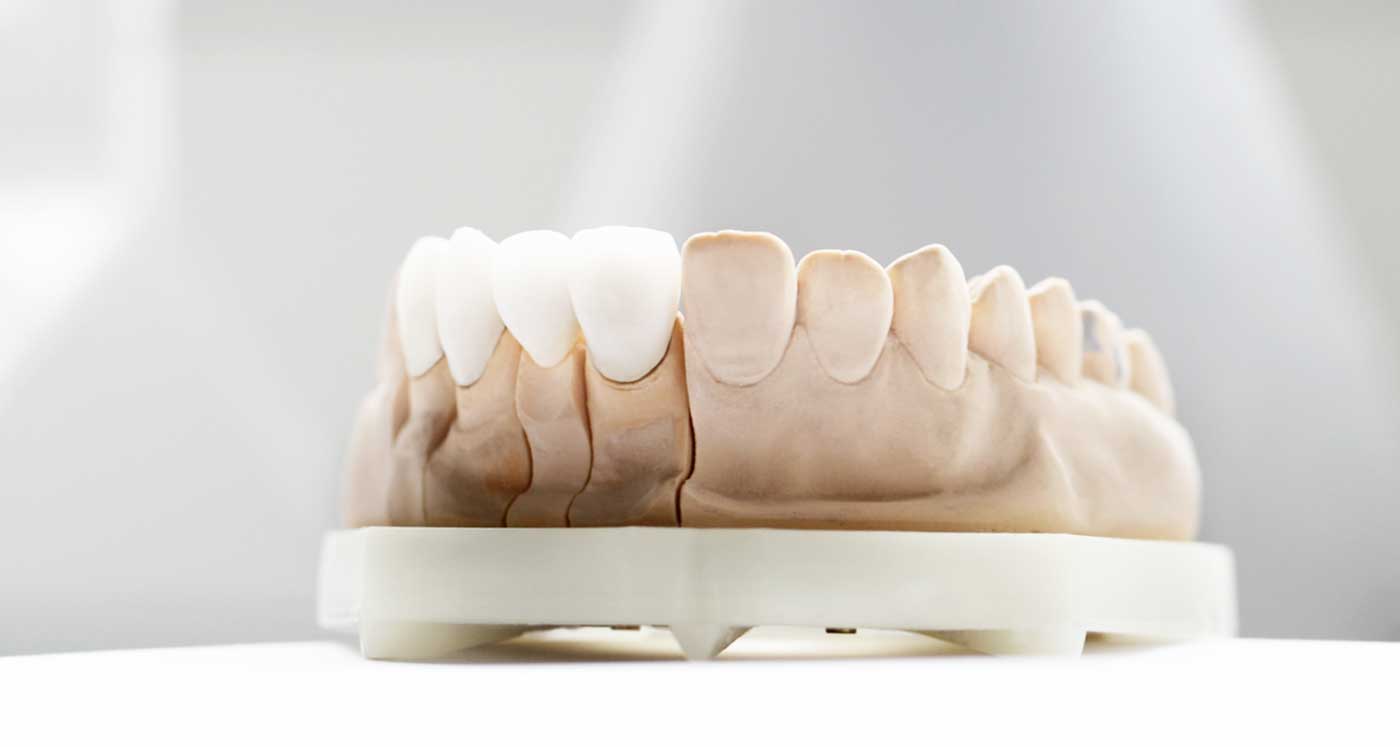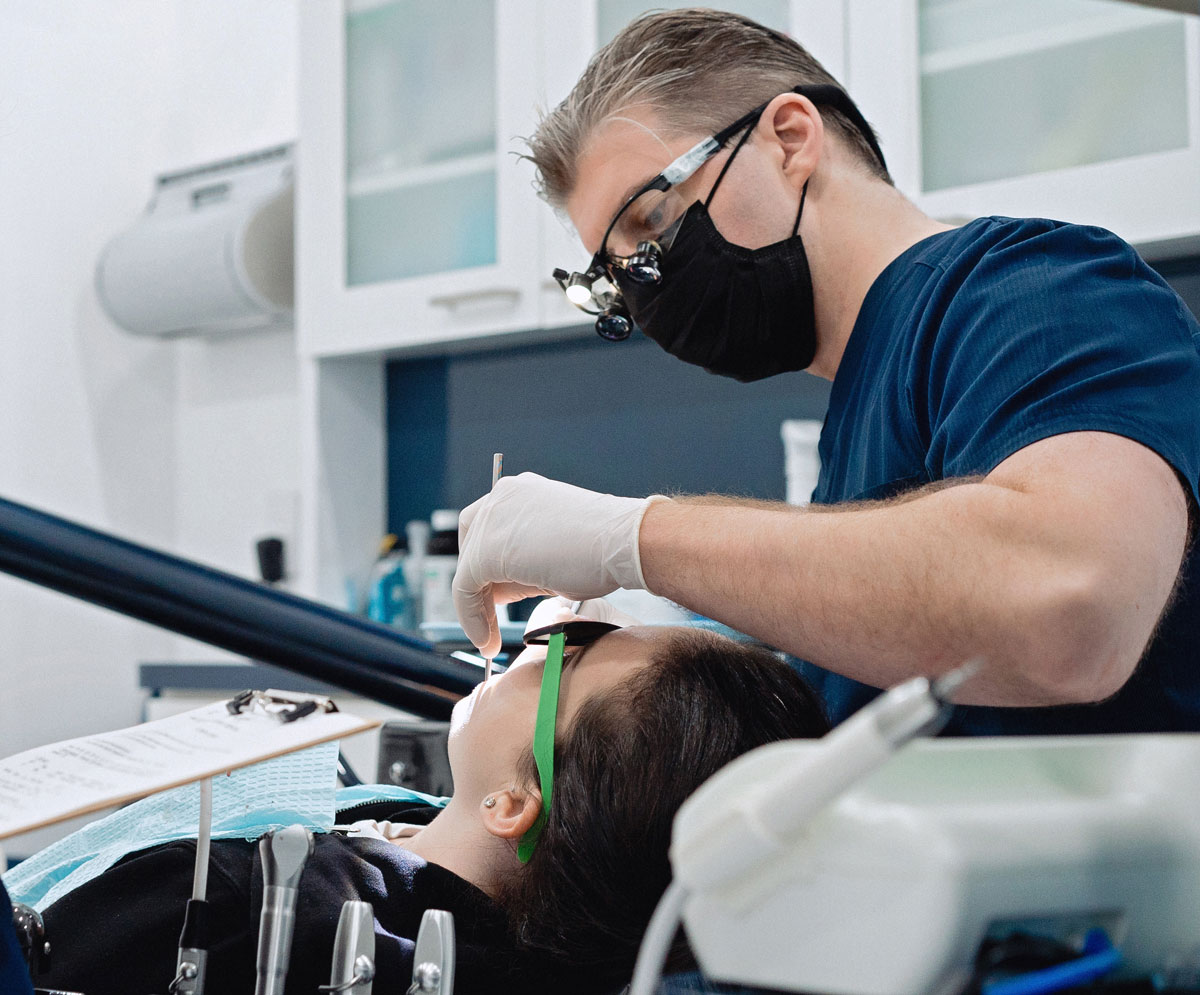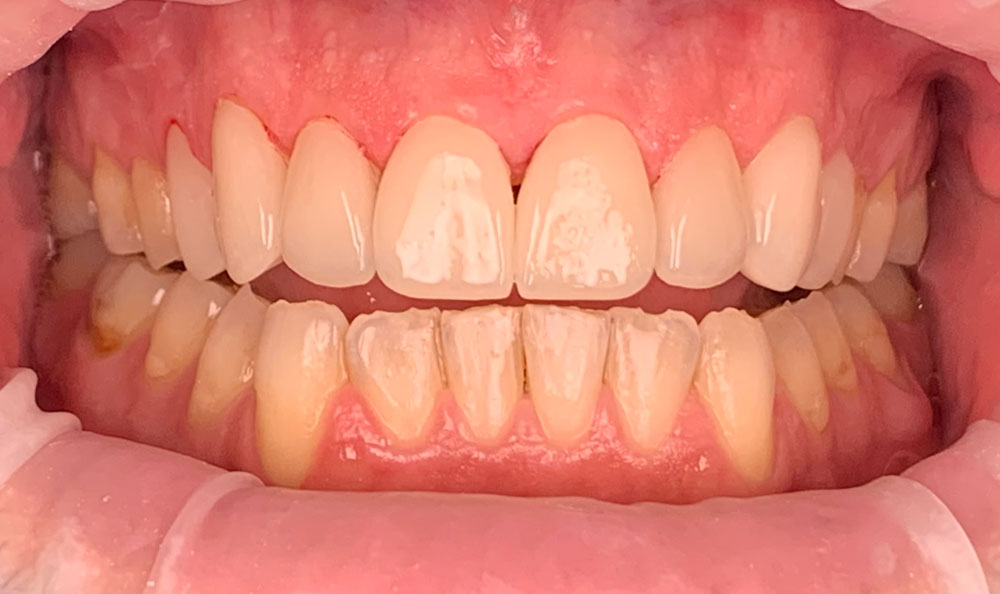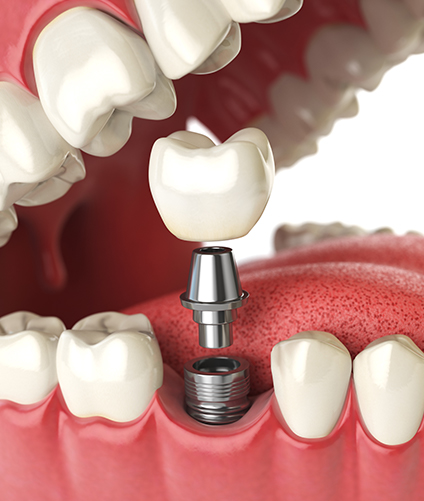In today’s fast-paced lifestyle, maintaining optimal oral health can sometimes feel like a challenge. However, prioritizing your dental care is essential for a healthy smile and overall well-being. Here are ten expert tips from ORAL Dental Studio to help you keep your teeth and gums in top condition:
1. Brush Twice a Day:
Consistency is key when it comes to brushing your teeth. Set a routine to brush your teeth twice a day, ideally in the morning to freshen your breath and remove overnight plaque buildup, and before bed to eliminate food particles and bacteria accumulated throughout the day. Take your time while brushing, spending at least two minutes each session to thoroughly clean all surfaces of your teeth and along the gumline. Using a fluoride toothpaste strengthens tooth enamel, providing added protection against decay and cavities.
2. Floss Daily:
While brushing is essential, it's not enough to reach all areas of your mouth. Don't overlook the spaces between your teeth and below the gumline where toothbrush bristles can't reach. Flossing daily helps remove plaque and food debris from these hard-to-reach areas, preventing the formation of cavities and gum disease. Incorporating flossing into your daily oral hygiene routine ensures comprehensive cleanliness and promotes healthier gums.
3. Choose the Right Toothbrush:
Selecting the right toothbrush is crucial for effective oral hygiene. Opt for a toothbrush with soft bristles that can clean your teeth without causing damage to your gums or enamel. Soft-bristled brushes are gentle yet efficient at removing plaque and debris without causing irritation. Additionally, replace your toothbrush every three to four months, or sooner if the bristles become worn or frayed, to maintain optimal cleaning effectiveness.
4. Maintain a Balanced Diet:
What you eat directly impacts your oral health. Incorporate a variety of nutrient-rich foods into your diet, including fruits, vegetables, lean proteins, and dairy products. These foods provide essential vitamins and minerals that support healthy teeth and gums. Limit your consumption of sugary snacks and beverages, as they can promote the growth of harmful bacteria that cause tooth decay. Choosing a balanced diet promotes overall wellness and contributes to a healthy smile.
5. Stay Hydrated:
Water is essential for maintaining good oral health. Drinking plenty of water throughout the day helps wash away food particles and bacteria, reducing the risk of cavities and maintaining fresh breath. Aim to drink water after meals and snacks to help neutralize acids and restore pH balance in your mouth. Hydration supports saliva production, which is crucial for remineralizing tooth enamel and protecting against decay.
6. Limit Acidic and Staining Foods:
Acidic foods and beverages can weaken tooth enamel over time, making them more susceptible to decay and erosion. Limit your intake of acidic foods such as citrus fruits, tomatoes, and vinegar-based products. Similarly, dark-colored foods and drinks like coffee, tea, and red wine can stain your teeth. Enjoy these items in moderation and rinse your mouth with water afterward to minimize their impact on tooth discoloration and enamel erosion.
7. Don't Skip Dental Check-ups:
Regular dental check-ups are essential for maintaining optimal oral health. Schedule visits to your dentist at least twice a year for professional cleanings and comprehensive examinations. Dental professionals can detect early signs of dental issues such as cavities, gum disease, and oral cancer, allowing for timely intervention and treatment. Regular check-ups help keep your teeth and gums in optimal condition and prevent minor problems from developing into more serious issues.
8. Quit Smoking:
Smoking not only stains your teeth but also poses significant risks to your oral health. Tobacco use increases the likelihood of gum disease, tooth loss, and oral cancer. If you smoke, consider quitting for the sake of your oral and overall health. Seek support from healthcare professionals or smoking cessation programs to help you quit successfully and improve your oral hygiene and general well-being.
9. Protect Your Teeth:
If you participate in contact sports or grind your teeth at night, it's essential to protect your teeth from injury or damage. Wear a custom-fitted mouthguard during sports activities to prevent trauma to your teeth and soft tissues. Additionally, if you suffer from bruxism (teeth grinding), talk to your dentist about wearing a nightguard to protect your teeth while you sleep. Avoid using your teeth as tools to open packages or bite on hard objects, as this can lead to chipped or fractured teeth.
10. Practice Good Oral Hygiene Habits:
In addition to brushing and flossing, incorporate other oral hygiene habits into your daily routine to maintain optimal oral health. Use mouthwash to rinse away bacteria and freshen your breath, clean your tongue with a tongue scraper to remove bacteria and debris, and replace your toothbrush regularly to ensure effective cleaning. Practicing good oral hygiene habits promotes a healthy mouth and contributes to your overall well-being.
By following these ten tips from ORAL Dental Studio, you can maintain excellent oral health and enjoy a beautiful, confident smile for years to come. Remember, a healthy mouth is a key component of overall wellness, so prioritize your dental care and make it a priority in your daily routine.


















